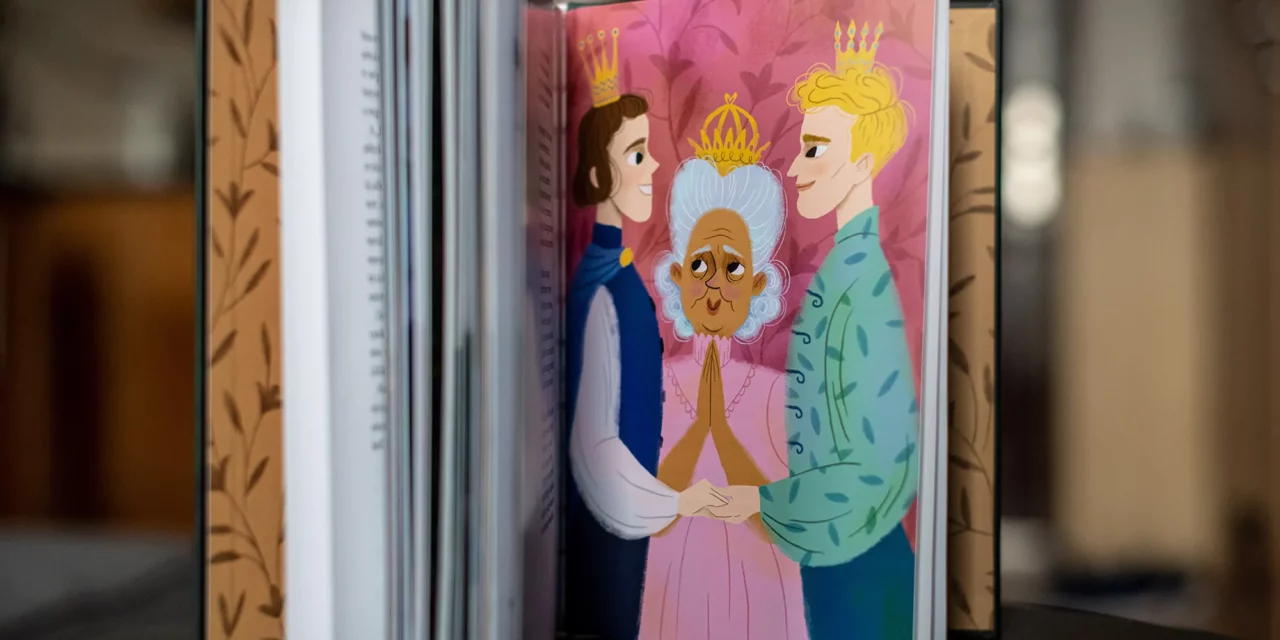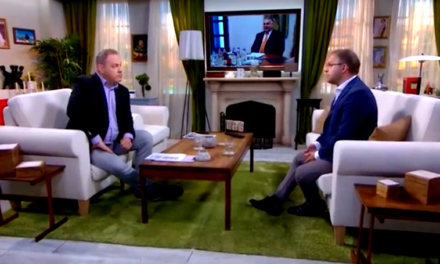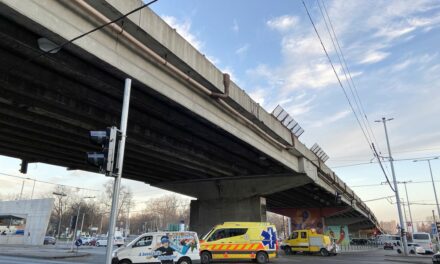Mediaworks was right against the Labrisz Lesbian Association with the decision of the Court announced at noon on Wednesday. In the legal dispute between the non-governmental organization that published the fairy tale book Meseország szkykyé and Mediaworks Hungary Zrt., the publisher of Magyar Nemzet, the Court rejected Labrisz's claim.
The first Hungarian storybook propagating LGBTQ ideology, which made a big splash in public life, was published in our country in September 2020 under the title Fairyland for Everyone. It contains writings by contemporary authors, in the volume the authors created rewritten versions of well-known fairy tales with characters who belong to some "stigmatized" or minority group. The controversial publication divided the entire Hungarian society and even the psychologist profession.
The Labrisz Lesbian Association objected to an article published in Magyar Nemzet on October 12, 2020, in which it was written that
"We have to judge the book "Fairy Tales for Everyone" as pedophilia, and the Labrisz Lesbian Association as a pedophile organization. Because that's what it's all about after all."
Labrisz filed a personal rights lawsuit because they believe Labrisz's reputation was damaged when they branded him a pedophile.
Labrisz won the lawsuit in the first instance, and in November 2021, Mediaworks, the paper's publisher, was ordered to apologize and pay HUF 1 million damages. However, at second instance, the Capital Court decided differently: it rejected the claim of the civilians. Labrisz, which was represented in the lawsuit by the Hungarian Helsinki Committee, did not settle for this and initiated a review procedure, which is how the case ended up before the Court.
On the previous hearing day, October 26, Tamás Fazekas, the lawyer representing Labrisz, maintained the contents of their review request. He spoke about the fact that it is not disputed that the article was born in a public debate related to public affairs, and according to him, the court does not have to take a position in this public debate, but the subject of the lawsuit is only the assessment of the legal framework of the debate.
At the same previous hearing, the lawyer representing the defendant argued in favor of the correctness of the decision of the judgment panel, in their opinion, the real content of the offending text is not that the plaintiff supports sexual abuse of minors, but the intention of the author of the opinion article was to draw the attention of the NGO activities, and that action is necessary for the proper psychosexual development of children.
The president of the Kúria council explained his decision orally on Wednesday. The review request also challenged the previous judgment citing material and procedural violations. The civilians complained that the second-instance court did not allow the organization's legal representative to make a recording for the purpose of filming a documentary as a procedural violation. The Court's position in this regard was that the second-instance court held a public hearing, which the press could make a recording of, thereby ensuring the control of the operation of the justice system, transparency was not damaged, therefore, according to him, there was no procedural violation affecting the merits of the case.
From a content point of view, the central question was related to freedom of expression and its limitations. The Court came to the conclusion that the offending statement was made in a public debate, related to a public figure, and was not a statement of fact, but an expression of opinion.
"By publishing a storybook specifically aimed at sexually sensitizing children of preschool and elementary school age, the plaintiff association manifested itself in a matter of public interest, a matter of public interest, which provoked a wide debate, and the issue was also expressed by public and ordinary people.
In view of all this, the boundaries of the expression of opinion in this public issue are also wider, and the plaintiff's proximity to tolerance is also greater than the average", - Dr. Böszörményiné justified the Court's decision orally. Katalin Kovács, president of the council.
Source: Hungarian Nation
Featured image: NLC












